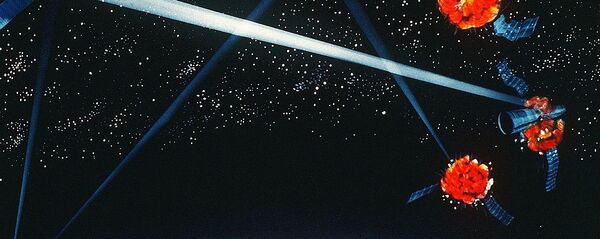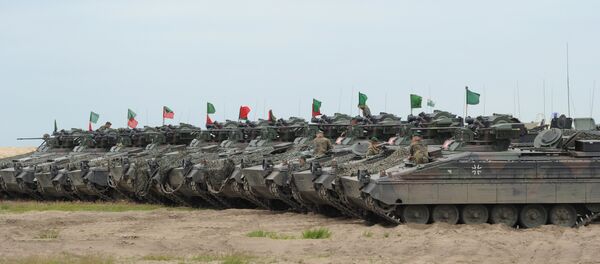For 40 years, the STAR WARS franchise has enraptured, thrilled, and sometimes bemused generations of movie goers.
Since 1977, STAR WARS has blitzed screens across the planet with dazzling special effects and a winding medieval plot that merges space opera with subtle satire based on the rise of totalitarian menace.
But what might have long ago collapsed into the self-hating tiresomeness of James Bond, or become a mere exercise in knowing high campiness- has instead recruited loyal legions of new fans. Indeed, with two new movies planned right on top of Rogue One by 2019, STAR WARS isn’t only expanding, it is renewing itself.
And the question has to be, why does the STAR WARS universe seem so vibrantly relevant even after 40 years of stormtroopers, goofy droids, and lightsabres?
While the core STAR WARS theme is the timeless battle between good and evil- what gives STARS WARS the staying power to cross the generational void is its eclectic portrayal of resistance to near invincible tyranny. It is this, much more than the special effects that were so revolutionary in 1977, or even the charming playfulness of likeable characters like Han Solo, that allows STAR WARS to tell the same parable over and over.
Senator Palpatine, who first appeared in 1980’s The Empire Strikes Back, is more Octavian on the road to becoming Augustus Caesar than a Hitler cardboard cutout that audiences would have soon rejected in despair.
Even Darth Vader, replete with his giveaway German helmet, is cleverly revealed to be an ex-slave whose mother was brutally murdered by those same desert marauders Darth Vader would later seek to wipe out in his efforts to purify the universe.
If Darth Vader does carry abundant Hitleresque DNA, then it is of the type that sneakily requires us to ask at what point did the pampered, failed Austrian artist who adored his mother turn into the worst savage since Genghis Khan.
With the Death Star an analogue of those massive Nazi fortifications that so worried the allies, the descent of the murderous Galactic Empire into the supremely genocidal imperative of the First Order marks the moral bankruptcy that accompanies the relentless shift to congealing tyranny. Some might even say matters follow an essentially Marxist vector, the corrosion of capitalism from Palpatine’s colonial Trade Federation to the overt racism of General Hux’s First Order notching up the cranks of exploitation from colonialism to extermination.
And yet it is ultimately a deeply personal choice that marks the STAR WARS moral structuring of the universe: Anakin Skywalker, could have sought redemption through Padme’s love. Instead, no mere hapless victim of circumstance, and again, much like Hitler, Anakin sacrificed his humanity in emulation of far greater men. Both characters, cursed with the inability to love and blinded to human warmth, sought to acquire compensatory strength through the conscious embrace of raw evil. And what they craved destroyed them body and soul.
It is a testament to STAR WARS’ deep roots that at this point things shift gear from the death of the Roman Republic at one end of the historical scale to the fall of the Weimar Republic at the other- to somewhere near the medieval middle ground. And because this is STAR WARS, it is done with considerable cunning: The Jedi Knights, like the Knights Templar, played a critical role in the societies they faithfully served- fighting monks turned diplomats charged with guarding the moral integrity of the state.
Like the Templars, who were ruthlessly purged by Philip IV of France in 1307, Senator Palpatine launched a sudden crackdown against the Jedi in an effort to secure his fledgling dictatorship.
The STAR WARS universe is polarized, not simply between good and evil, freedom and tyranny, but between the ethnic and cultural diversity of the rebel alliance and the alarmingly icy English accents of the jackbooted Imperialists.
As divisive political rhetoric in the EU and the United States reaches the frazzling heat of a lightsabre, the STAR WARS leviathan will continue to reinvent itself as it draws upon diverse political traditions in an effort to make sense of our own troubled times via the prism of a galaxy that only ever existed far far away- long long ago.
The views expressed in this article are solely those of the author and do not necessarily reflect the official position of Sputnik.




